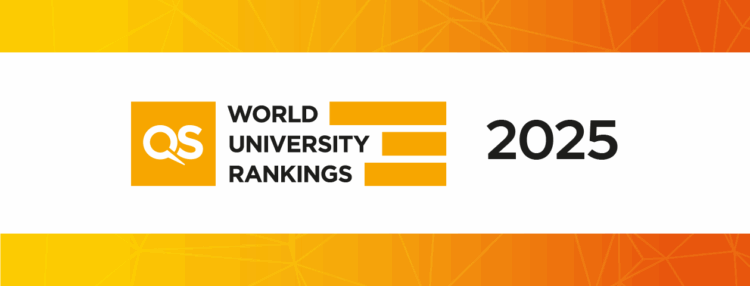Islamabad: According to the latest QS (Quacquarelli Symonds) World University Rankings, Pakistan’s universities have made notable strides over the past six years. In 2019, just three Pakistani institutions featured in the global rankings; today, that number has climbed to 18. Despite this progress, education experts caution that it remains insufficient, urging wide-ranging reforms to tackle deep-rooted structural issues.
The QS report points out that while Pakistani universities have improved their global standing since 2019, none have yet entered the top 350. Quaid-i-Azam University is currently ranked 354th, followed by NUST at 371st, while the University of Karachi is listed within the top 1,001 universities worldwide.
Analysts highlight persistent systemic challenges that hinder the quality and growth of Pakistan’s higher education sector. One major concern is the governance framework: universities operate under provincial control, while the federal Higher Education Commission (HEC) is limited to setting minimum standards, resulting in fragmented policies and inconsistent enforcement.
Experts emphasize that to strengthen Pakistan’s global academic footprint, sweeping reforms are needed. They advocate for clearly defined authority for the HEC, consistent application of quality standards, enhanced research initiatives, and financial independence for universities to drive sustainable improvements.


























